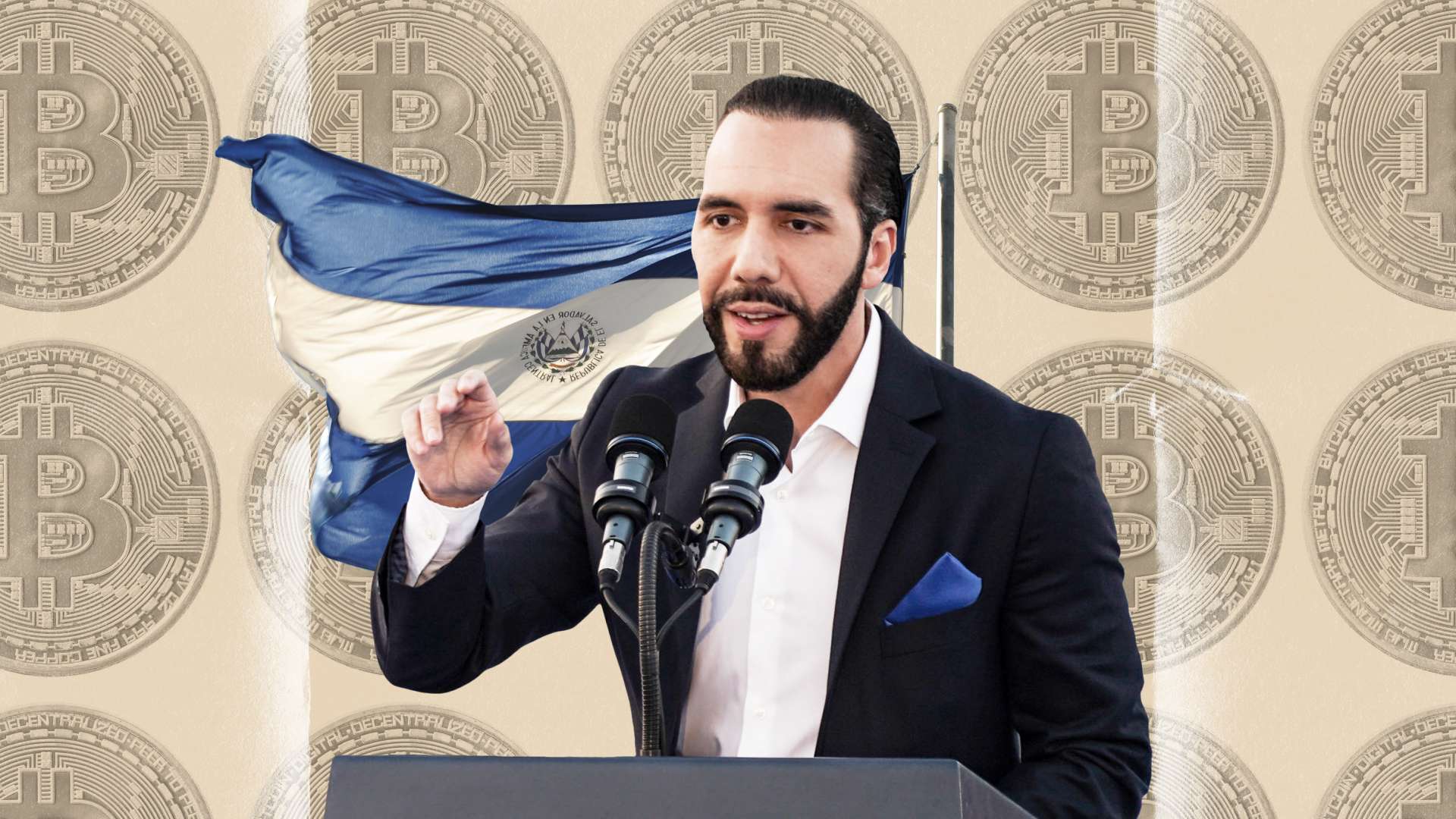A Week of Struggles to Make Bitcoin Payments in El Salvador
When President Nayib Bukele announced that cryptocurrency, specifically bitcoin, would be accepted widely across El Salvador, the ambition seemed futuristic. In September 2021, the country made history by becoming the first nation to recognize bitcoin as legal tender alongside the U.S. dollar. Bukele’s vision was clear: integrating bitcoin into the national economy would enhance financial accessibility, particularly for those without access to traditional banking services—an issue prevalent in many parts of El Salvador. To foster this new environment, the government introduced the Chivo wallet app with an incentive of $30 in bitcoin for new users, deployed bitcoin ATMs across the country, and announced plans for an ambitious Bitcoin City, a tax-free metropolis powered by geothermal energy from an active volcano. The overarching narrative painted El Salvador as a pioneering crypto hub, leading the world into a bold new financial era.
However, the reality on the ground starkly contrasted the grand visions espoused by Bukele. During a firsthand visit to El Salvador, it became immediately clear that the widespread adoption of bitcoin was more mirage than reality. In numerous interactions across various businesses, attempts to pay with bitcoin were met with confusion, skepticism, or outright refusal. Observations revealed a sizeable gap between the legal framework mandating bitcoin acceptance and the actual practices of local establishments. Each attempt to complete a transaction using bitcoin resulted in puzzled looks and queries from restaurant and shop employees who appeared ill-prepared for this new requirement, despite a law that had supposedly designated bitcoin as legal tender.
Public sentiment further compounded the apparent disconnect between government aspirations and public reality. A recent survey from Francisco Gavidia University disclosed that a staggering 92 percent of Salvadorans had not utilized bitcoin—a notable rise from the 88 percent noted in a previous year by the Central American University. Locals offered varying explanations for their hesitance. One waiter expressed reluctance to use the Chivo app due to privacy concerns regarding government data collection. Another admitted a lack of interest stemming from confusion about bitcoin’s workings and a refusal to educate themselves about it. High-profile technical issues with the Chivo wallet also deterred potential users, thereby stymying the expected wave of adoption following the government’s promotional efforts.
Despite the pessimistic data surrounding adoption—only around 20 percent of citizens downloaded the Chivo wallet to claim the incentive—it appears that Bukele retains an unwavering commitment to his bitcoin vision. The government has continued to accumulate bitcoin assets and currently holds approximately 6,000 units, with plans to purchase additional quantities. However, public opinion has yet to align with Bukele’s crypto ambitions. When surveyed on priorities for the future, a mere 1.3 percent of respondents identified bitcoin as a primary focus. These statistics signal an overarching disengagement from the cryptocurrency initiative among many Salvadorans, potentially foreshadowing broader economic complications.
Compounding these concerns, international financial organizations like the International Monetary Fund (IMF) are voicing apprehension over El Salvador’s bitcoin experiment. IMF spokesperson Julie Kozack noted recommendations for the government to refine its bitcoin legislation, enhance regulatory frameworks, and reduce public sector participation in the volatile cryptocurrency market. Such pronouncements underscore the precarious balance El Salvador attempts to maintain between innovative financial revolution and the pragmatic need for sound economic policies. As enthusiasm for bitcoin appears concentrated in specific urban locales and communities, particularly areas recognized as crypto-friendly like Bitcoin Beach, the broader populace remains ambivalent.
For most Salvadorans, Bukele’s ambitious bitcoin revolution is more aspirational than actionable—a distant promise rather than an everyday reality. The experience encountered by visitors contrasts sharply with the government’s narrative of a thriving, bitcoin-centric economy. As El Salvador navigates the complexities of integrating cryptocurrency into its financial system, it faces critical questions of public understanding, technological reliability, and economic foresight. The journey towards a fully realized bitcoin integration may be long and fraught with challenges, highlighting the necessity for inclusive education, robust infrastructural support, and strategic governmental oversight to genuinely empower the populace in this digital financial future.
Share this content:












Post Comment